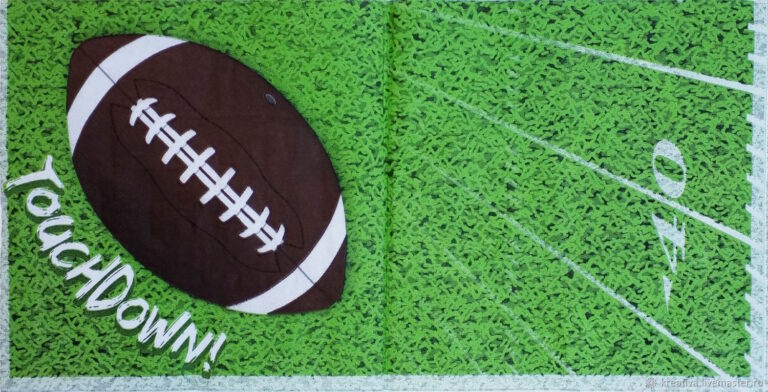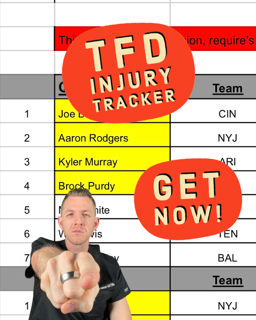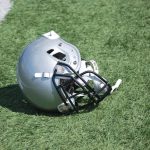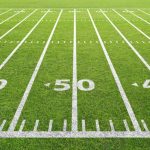Introduction
With the importance of quarterbacks rising in the minds of teams around the league, almost no team can be ruled out of taking one in the draft – demonstrated by the perennial bickering of fanbases on Twitter around this time of year. Undoubtedly the one that has generated the most controversy since the start of the draft season is whether the Chicago Bears should stick with Justin Fields or take Bryce Young. In this article, I will analyze each option from a team-building and injury perspective to help provide some context.
How to Not Overthink – A Case for Keeping Justin Fields
A common idea that has permeated the modern NFL space is the sentiment that teams should always look to improve at the quarterback position. PFF certainly has a role to play in this, pushing the narrative that a mediocre quarterback is insufficient and teams should strive for eliteness. The first issue with this argument is that it ignores Justin Fields’ success in the NFL. Though starting a bit slow, Fields proved that through his legs he could contribute greatly in the run game. He rushed for the 7th most yards in the NFL (including running backs!) and even a simple eye test shows his impact on the ground. Justin Fields as a passer is a different story. However, this lacks some context, as his surrounding cast was borderline laughable. Though it played above expectations this season, the Bears’ receiving core is lacking – most quarterbacks would struggle with Darnell Mooney (Chase Claypool?) as their best receiver. Furthermore, the Bears’ offensive line was one of the worst in the league. Justin Fields still has a lot to prove as a passer in the NFL, but with so much time to improve (it was only his 2nd year), an upgraded surrounding cast, and lofty pre-draft expectations (he was a high pick for a reason), it is perfectly reasonable to think he can become elite one day. The second issue with taking Bryce Young is assuming he has better chances at becoming elite than Fields himself. Taking a quarterback in the draft is risky – a concept incredibly well analyzed by Brett Kollmann. Remember, just two years ago, Justin Fields was comfortably considered a top 2-3 QB prospect in a (then thought of as) historic QB draft class. Now, this is not to take away from Bryce Young and his level as a prospect, but from just a numbers game it is hard to justify replacing a QB who has some good NFL tape with one who doesn’t. Finally, the sentiment of needing an elite quarterback isn’t even entirely true. We just saw Jalen Hurts in the super bowl; through that playoff run, he didn’t need to be an elite passer. Albeit, Hurts did run at an incredibly high level, but Fields has proven he can do that at an equal or even better level.
Go for Great – A Case to Draft Bryce Young
While Jalen Hurts may have proved teams don’t need elite quarterbacks to make Super Bowls, they most certainly help. Think about how much a player like Patrick Mahomes or Josh Allen can elevate their team. The Eagles had one of the most complete rosters in recent history, and even that wasn’t enough to stop Mahomes. Team-building becomes significantly easier with an elite quarterback than one that’s a tick below, especially when coming off that original rookie contract. Simply put, Bryce Young offers a better chance at becoming elite than Justin Fields. While first-rounders do have a relatively low hit rate, Bryce Young is (aside from injuries, which will be discussed later) a remarkably clean prospect. His tape provides very few questions as a passer coming out (pocket presence, arm talent, accuracy, decision-making) compared to Justin Fields, who did show holes in his passing game. And while Fields may be more athletic and offered more in the run game out of college, Young certainly makes up for it with his security as a passer. That coveted rookie contract I mentioned also comes into play here. Bryce Young offers another set of 5 years of (relatively) cheap play while Fields only has 3 left. These extra two years could prove crucial for the Bears, as they need time to complete this rebuild, and the extra years of financial freedom would extend that time.
Size vs. Shots – The Injury Perspective
One aspect of this debate I don’t see brought up as often as it needs to on Twitter is the injury question. Everybody knows that Bryce Young has injury concerns. At the combine this year, he measured in at a bit over 5’10’’ and 200 pounds. Only one starting quarterback weighed less than 210 pounds last season: Kyler Murray He is more elusive than Bryce Young and is even starting to have injury concerns. An injured player cannot help a team, so it’s understandable for Bears fans to be apprehensive about replacing a 6’3’’, 230-pound Justin Fields with Bryce Young – especially behind that subpar offensive line. Something interesting to consider, however, is each player’s relative reliance on running the ball. Considering Fields’ use of running the ball, he finds himself on the receiving end of a huge volume of hits – running back rushing numbers suggest a running back level of hits.
Conclusion
Ultimately, there is no right answer at this point, there are so many things to consider. How necessary is an elite QB for a team to have success? How do we weigh Young’s potential over what Fields has proven? What level has Fields even played at? Even the injury discussion is more nuanced than many think. It’s a question that can only be answered in hindsight, and no matter which side you support, we can all be happy with the fact that we don’t have to make that decision.

















